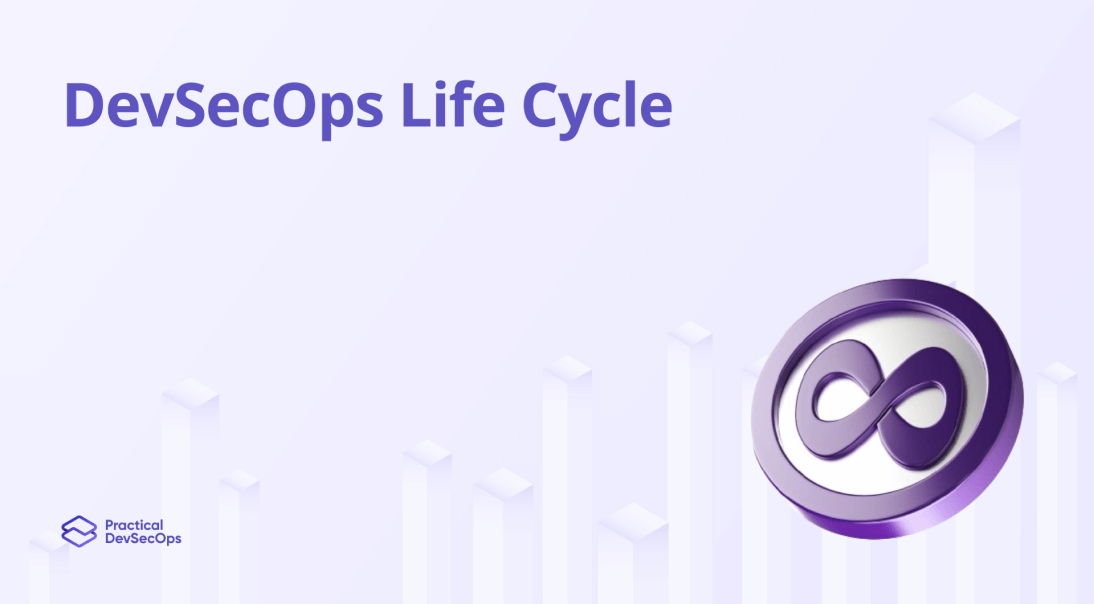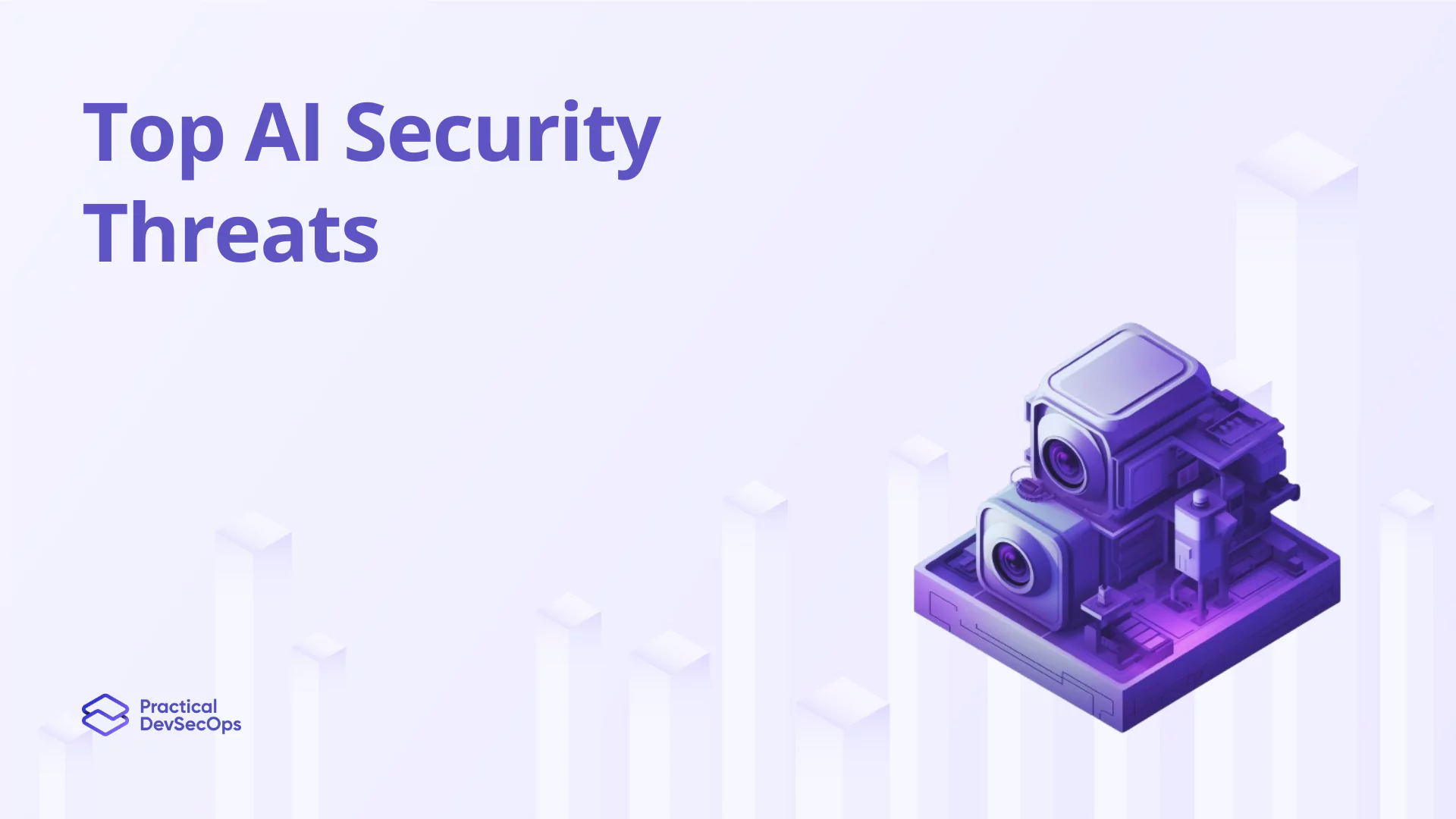In the dynamic realm of cybersecurity, the DevSecOps lifecycle stands tall as a beacon of security integration in software development. Envision yourself as a cybersecurity aficionado, delving into the intricacies of this holistic approach that intertwines development, security, and operations seamlessly. Let’s embark on an enlightening journey through the phases of the DevSecOps lifecycle to unravel its significance in fortifying digital fortresses.
Understanding the Imperative of DevSecOps
The DevSecOps lifecycle serves as the backbone of security enhancement within the software development continuum. It embodies a structured flow of stages that enables organizations to embed security practices from inception to deployment, fostering a security-centric culture across teams.
- Security by Design: Embedding security principles at the core of software development processes.
- Collaborative Synergy: Nurturing collaboration among diverse teams for enhanced security posture.
- Risk Mitigation Strategies: Proactively identifying and mitigating security risks during the lifecycle.
- Iterative Security Enhancements: Instilling a cycle of continuous improvement for bolstering security resilience.
Key Phases in the DevSecOps Lifecycle
Embark on a journey through the pivotal phases that define the DevSecOps lifecycle:
1. Planning and Security Integration
- Define Security Requirements: Lay down the foundational security requirements and objectives.
- Integrate Security Controls: Incorporate security controls early in the planning stage to align with overarching security goals.
2. Continuous Integration and Security Testing
- Automated Security Testing: Integrate robust security testing tools into the development pipeline for automated assessments.
- Vulnerability Identification: Conduct frequent security assessments to pinpoint vulnerabilities and address them promptly.
Also Read, DevSecOps Automation Guide
3. Deployment and Configuration Security
- Secure Deployment Practices: Implement secure deployment protocols and robust configuration management practices.
- Infrastructure as Code (IaC): Employ IaC principles for consistent, secure deployments across environments.
Also Read, Best DevSecOps Tools
4. Monitoring and Incident Response
- Real-time Monitoring: Establish vigilant monitoring mechanisms to detect security events and anomalies promptly.
- Incident Response Protocols: Define clear incident response procedures and conduct post-incident analyses for continual enhancement.
Also read, Why DevSecOps is a Good Career Option?
Real-World Scenario: DevSecOps Lifecycle in Action
Imagine a scenario where a tech-savvy software development team embraces the DevSecOps lifecycle for a new application launch. By weaving security controls into the planning phase, rigorously testing for vulnerabilities during development, and orchestrating robust monitoring post-deployment, the team successfully fortifies the application against potential threats, ensuring a robust security posture throughout the lifecycle.
Conclusion: Embracing the Essence of DevSecOps Lifecycle
In embracing the DevSecOps lifecycle, organizations open the gateway to enhanced security resilience and optimized software development practices. By championing collaboration, automation, and persistent improvement imbibed in the DevSecOps lifecycle, organizations cultivate a security-first mindset that shields their digital assets against evolving threats. Witness the transformative power of DevSecOps as it reshapes security paradigms and propels organizations toward a secure digital future.
Practical DevSecOps offers an excellent Certified DevSecOps Professional (CDP) course with hands-on training through browser-based labs, 24/7 instructor support, and the best learning resources to upskill in DevSecOps skills.
Start your team’s journey mastering DevSecOps today with Practical DevSecOps!
Also read, Best DevSecOps Books






0 Comments